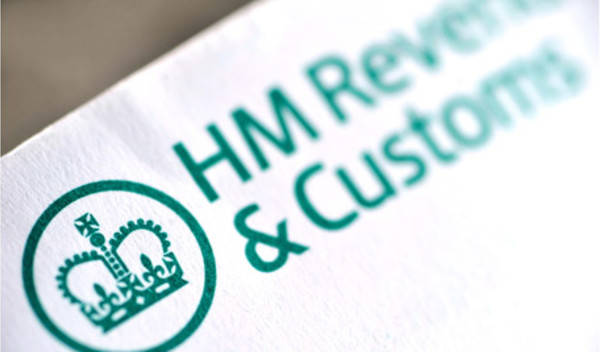

Retired clients should be completing annual tax returns, David Smith, director of financial planning for Tilney Bestinvest.
Earlier today Prudential’s analysis of ONS income and tax data for 2012 to 2013 found that pensioners in the UK pay a total of more than £17.5bn in income tax every year.
The insurer’s analysis of the most recently available ONS data on income and tax showed that in the 2012 to 2013 tax year, over-65s paid 11 per cent of the £157bn total income tax paid for the tax year.
Mr Smith said this massive tax take was because post-retirement the vast majority of UK pensioners do not complete annual tax returns.
He said no longer bothering with the return was “perceived as a blessing, as young and old alike detest completing HMRC’s daunting annual return” but many will find their tax code may be incorrect resulting in more income tax being paid than is necessary.
Mr Smith said it is now also common-place to see many still needing, or often wanting, to work past state pension age.
He said: “Remember, you shouldn’t be paying national insurance on these earnings.
“Too often I see the majority of savings held in a sole pensioner’s name. Often this is the main bread winner and therefore the highest taxpayer.
“Remember that assets can be switched between spouses without any tax implications whatsoever, so try and ensure that investments subject to income tax are held in the name of the lowest taxpayer.”
Capital gains tax is also identified by Mr Smith as yet another form of tax often paid unnecessarily.
He said: “By far the most common issue I see is a pensioner selling Oeics and unit trusts without ever planning for disposal or considering the tax implications.
“When a married couple own an asset jointly, a gain of £22,200 (2015 to 2016 tax-year) can realised before CGT becomes payable. Again, the inter-spouse exemption can be used to pass between partners without it being classed as a disposal for CGT purposes.”
He highlighed that this means individuals can pass all, or part, of their portfolio to a spouse who may have more CGT allowance available, or who may be subject to a lower rate of CGT on disposal.
“However, assets only become assessable when a disposal event occurs, which could be via the sale or the transfer of the asset to anyone other than a spouse.
“Unless a disposal takes place, the annual allowance is never called upon, nor can it be carried forward to future years; it’s effectively a valuable benefit lost.
“As a result, many investors are hit with sizeable tax liabilities when they eventually come to surrender and/or transfer long-held assets to children, grandchildren, etc. Yet, with careful ongoing planning, some or all of a portfolio can be sold to fully utilise an individual’s annual CGT allowance - without ever creating a tax liability.”
emma.hughes@ft.com



